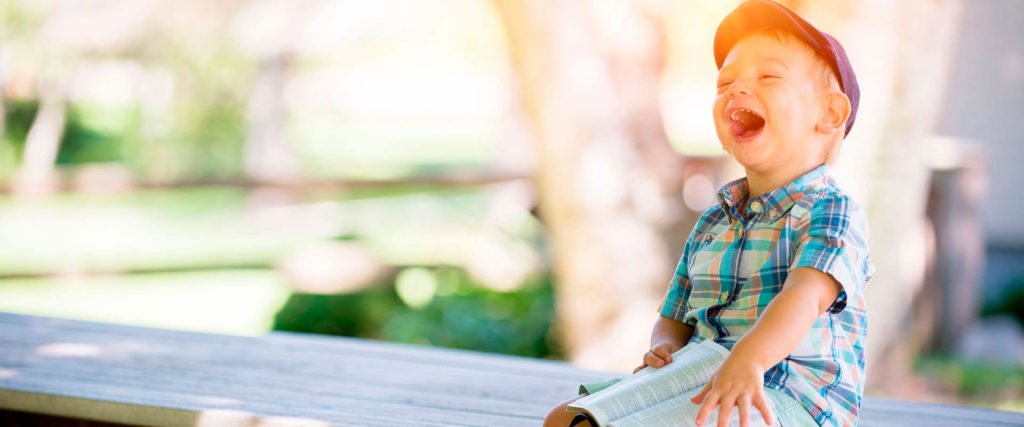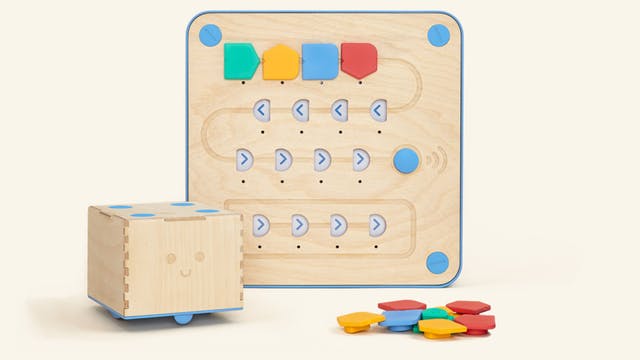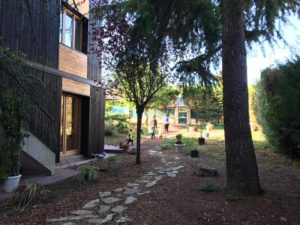As of today, scientific research confirms that students who have access to personalized learning methods give their best. Montessori, Waldorf-Steiner and Freinet understood this and got down to it in the last century. To enable each individual to reach its full potential, the teacher must take into account the unique characteristics of each child. This is even more true with pupils with special needs. The best method is the one that individualizes teaching.
The fundamental principles of each education
Montessori schools
Teachers in Montessori schools hold a bachelor degree and an educator degree from the AMI (International Montessori Association). The Montessori education gives an important place to manipulation and experimentation. In Montessori schools, children acquire autonomy very early and gain self-confidence. They evolve in mixed classes by age group.
Waldorf-Steiner schools
In Waldorf-Steiner schools, creative activities such as drawing, music, gardening prevail. Languages also play an important role with the introduction of two languages from the first grade. In these schools, there are no grades and the emphasis is on the child’s development, autonomy and relationship with others.
Freinet schools
To motivate and help the child to succeed, Freinet schools fully integrate him/her to lesson development, classroom and school organization. Really involved in the learning process, the children regularly participate in “workshop classes” and “walking classes”. They also keep a school journal and do theater or dance.

Similarities between Montessori, Waldorf-Steiner, and Freinet education
First of all, the three educations respect the child as an individual. They ensure a holistic education of the child at all levels: spiritual, mental, physical and psychological.
They also emphasize a natural environment and staying connected with natural or raw materials. In addition, they believe in protecting children from overuse or misuse of technology like television and computers.
Likewise, creative and artistic activities are highlighted, so to enable children to maximize their creative potential. They all offer a rich palette of art, music, dance and theater for all ages. As a reminder, these three educations have many years of experience worldwide.
Montessori, Waldorf-Steiner, and Freinet main differences
Montessori schools
Montessori schools provide children with suitable material, allowing him to experiment, compare, combine and construct in order to understand. They thus easily pass from the concrete world to the abstract world. For Maria Montessori, action, discovery and personal conquest of the child have to be stimulated by the environment in which they grow. In addition, children learn in heterogeneous groups although guides facilitate the acquisition of knowledge through individual presentations. Academic lessons are never required or forced, but are nonetheless offered to children, at their discretion.
Waldorf-Steiner schools
In Steiner schools, no academic knowledge is taught before the age of seven. The day is full of fantasy, fairies, art, creative activities that put aside writing and math. Thus, the little ones are invited to create, to celebrate festivals, and to listen to tales. Furthermore, lessons are given only orally. The activities are carried out with an adult who imposes himself as a leader and who explains. This is even more true in the higher grades where the children listen to the master.
Freinet schools
Very suitable for children from elementary school, the Freinet pedagogy considers that work is a normal thing for the children. This is how each student must develop a personal work plan. In addition, Freinet stimulates cooperative work based on the interest of the students. Moreover, the relationship between the teacher and the student is almost equal as the decision is made through the class council to which the teacher must comply. This approach highlights the importance of freedom and open games without rules, especially outdoors. Eventually, Freinet also emphasizes the free expression of children through writing and drawing, school correspondence and the production of school newspapers.



